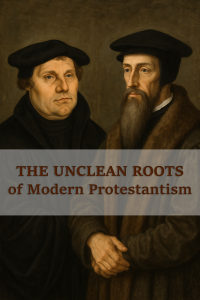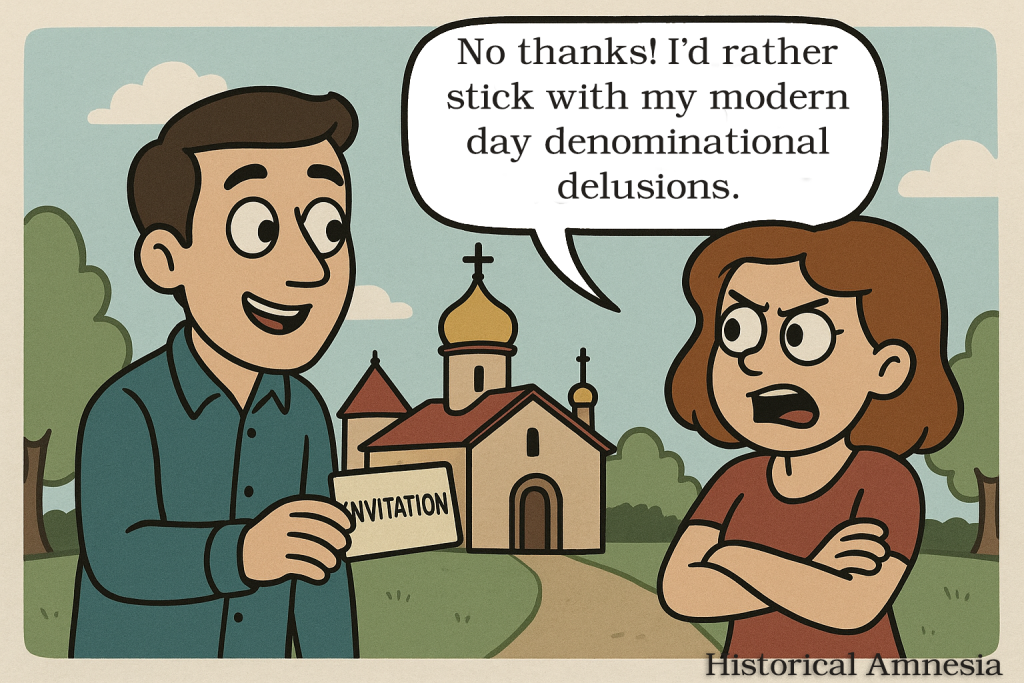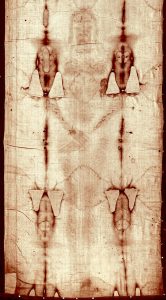The earthly ministry of our Lord Jesus Christ is radiant with compassion, a divine quality inseparable from His very Person, for He is Love Incarnate. This compassion is an eternal aspect of the uncreated energies of God, made manifest in the Theanthropos—God-Man—Jesus Christ. In the Gospels, our Lord is often described as being “moved with compassion”, a word which conveys a visceral stirring of divine love in response to human suffering. “And seeing the multitudes, he had compassion on them: because they were distressed, and lying like sheep that have no shepherd” (Matthew 9:36). This compassion is kenotic—self-emptying—and seeks not personal admiration but communion. Every healing, exorcism, and every act of mercy in the Gospels is a theophany, a revealing of the living God, as the One who stoops down to lift up the fallen.
Christ’s compassion is not limited to physical affliction, though it does not ignore the body, for the body itself is sacred and destined for resurrection. In Orthodox anthropology, the human being is a psychosomatic unity—soul and body are not at odds but interwoven, both created by God and both redeemed by Christ. Thus, when He healed the blind, cleansed the lepers, and restored the paralytic, He was not addressing superficial ailments, but revealing the holistic nature of salvation. However, His mercy reaches deeper still, to the noetic heart of man—the innermost chamber of the soul where true communion with God is either sustained or broken. It is here that the deepest wounds fester, wounds invisible to the world yet more damaging than any bodily infirmity—pride, envy, despair, hardness of heart, and separation from the Source of life.
Continue reading
 The Cross is not enforced with a sword, and the Kingdom of God is not advanced by law, but by grace.
The Cross is not enforced with a sword, and the Kingdom of God is not advanced by law, but by grace. In our time, when truth is commodified and novelty is prized above faithfulness, the affliction of historical amnesia has become one of the greatest spiritual maladies of the Christian world, particularly among many of those who identify as Baptists, Evangelicals, and members of various “non-denominational” churches. This amnesia—the forgetting or even denial of the Church’s own history is a theological disease that severs believers from the very Body of Christ they claim to follow.
In our time, when truth is commodified and novelty is prized above faithfulness, the affliction of historical amnesia has become one of the greatest spiritual maladies of the Christian world, particularly among many of those who identify as Baptists, Evangelicals, and members of various “non-denominational” churches. This amnesia—the forgetting or even denial of the Church’s own history is a theological disease that severs believers from the very Body of Christ they claim to follow. The Orthodox Church does not have a definitive, universally binding position on the authenticity of the Shroud of Turin. While some Orthodox Christians venerate it and believe it to be the authentic burial cloth of Christ, others are more cautious or sceptical. The matter is generally approached with reverence but also a degree of theological reserve.
The Orthodox Church does not have a definitive, universally binding position on the authenticity of the Shroud of Turin. While some Orthodox Christians venerate it and believe it to be the authentic burial cloth of Christ, others are more cautious or sceptical. The matter is generally approached with reverence but also a degree of theological reserve.